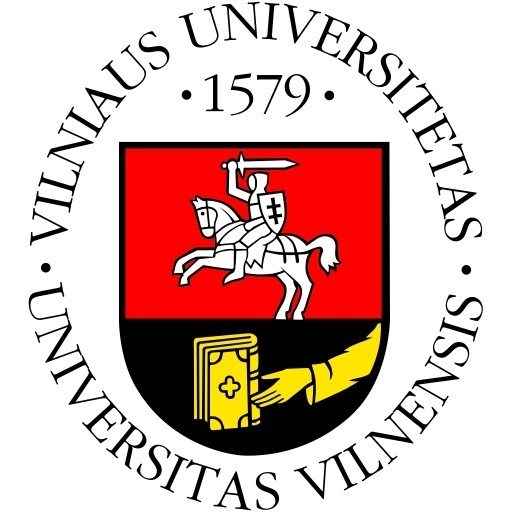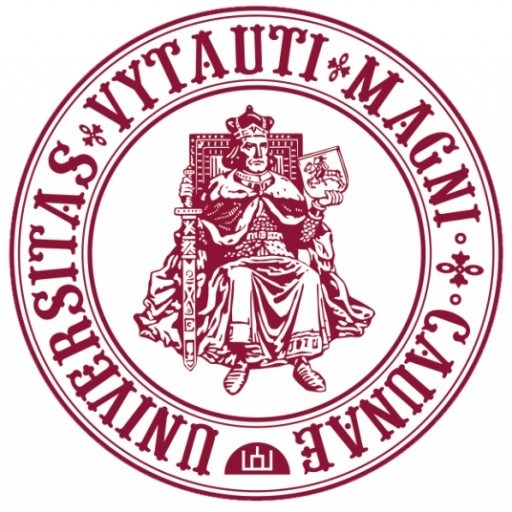Photos of university / #vilniusuniversity
The Bachelor’s degree program in Finance and Banking at Vilnius University offers a comprehensive education designed to equip students with the essential knowledge and practical skills necessary for successful careers in the dynamic fields of finance, banking, and financial management. This program is structured to provide a solid foundation in core financial principles, economic theories, and banking operations while emphasizing the development of analytical and decision-making skills required to navigate complex financial environments. Throughout the program, students gain a thorough understanding of financial markets, investment analysis, financial reporting, risk management, and banking regulations, preparing them for diverse roles within financial institutions, corporate finance departments, and governmental agencies.
The curriculum combines theoretical coursework with practical experiences, including case studies, internships, and project work, to ensure graduates are well-prepared for real-world challenges. Students explore subjects such as macroeconomics, microeconomics, financial mathematics, accounting, and law, alongside specialized courses in banking operations, financial markets, asset valuation, and financial technology. The program also emphasizes the development of proficiency in quantitative methods, information technology, and data analysis, which are crucial tools for interpreting financial information and making informed decisions.
Vilnius University’s Bachelor’s program in Finance and Banking benefits from a distinguished faculty comprising experienced academics and industry professionals, as well as partnerships with leading financial institutions. Students have access to state-of-the-art facilities and resources, including finance labs and joint industry projects. The program also encourages participation in international exchanges and internships abroad, fostering a global perspective on financial practices.
Graduates of the program are well-equipped to pursue careers in banking, investment analysis, financial consulting, insurance, and asset management. They may also continue their education at graduate levels or obtain professional certifications such as CFA or ACCA. By combining academic rigor with practical relevance, the Bachelor’s in Finance and Banking at Vilnius University prepares students to become skilled financial professionals capable of contributing to the economic development of Lithuania and the broader European region.
The Finance and Banking degree program at Vilnius University is designed to equip students with comprehensive knowledge and practical skills in the fields of financial management, banking operations, and economic analysis. Throughout the program, students gain an in-depth understanding of financial markets, banking institutions, investment strategies, and regulatory frameworks that underpin the financial system. The curriculum combines theoretical foundations with practical applications, ensuring graduates are well-prepared for careers in banking, investment companies, insurance firms, financial consulting, and other related sectors.
Students will explore core subjects such as corporate finance, financial accounting, microeconomics, macroeconomics, and quantitative methods, which form the basis for advanced modules. Specialized courses include banking operations, financial risk management, financial technology (FinTech), international finance, and financial law. The program emphasizes developing analytical skills, critical thinking, and decision-making abilities essential for navigating complex financial environments.
Vilnius University also encourages students to engage in internships and collaborative projects with industry partners, providing valuable real-world experience. Additionally, students have access to state-of-the-art facilities and digital resources that enhance their learning experience. The program is taught by experienced faculty members who are active researchers and professionals in the finance sector, ensuring students receive current and relevant knowledge.
Graduates of the Finance and Banking program are well-positioned for successful careers in various financial institutions, including commercial banks, investment firms, financial consultancies, and regulatory agencies. They are prepared to hold positions such as financial analysts, banking officers, risk managers, and financial advisors. With a strong focus on ethical standards and responsible finance, the program also prepares students to contribute to the sustainable development of the financial sector.
The Bachelor's degree in Finance and Banking at Vilnius University typically takes three years to complete. It offers a combination of lectures, seminars, practical exercises, and distance learning opportunities to accommodate diverse learning preferences. Upon graduation, students are awarded a recognized qualification that opens doors to further studies or entry into the competitive financial job market both in Lithuania and internationally. This program aims to develop highly competent, innovative, and adaptable finance professionals committed to lifelong learning and excellence in their careers.
- Bachelor's degree or its equivalent;
- No less than 20 ECTS credits in the fields of economics, management and business administration or othersocial sciences or the acquired analogous practical experience is substantiated in motivation letter andduring the interview;
- English language proficiency - the level not lower than B2 (following the Common European Framework of Reference for Languages (CEFR).
Degree: Bachelor's degree
Level of studies: Undergraduate
Language of instruction: English and Lithuanian (depending on chosen track)
Duration of studies: 4 years
Credits: 240 ECTS credits
Mode of study: Full-time and part-time options available
Annual tuition fees: approximately €2,500 for EU students, €4,000 for non-EU students
Scholarships: Vilnius University offers various scholarships based on academic achievement, financial need, and other criteria; available scholarships include study scholarships, merit-based scholarships, and social scholarships.
Student loans: Information on specific student loan schemes for international students is not provided; Lithuanian citizens may access national student loan programs.
Part-time work opportunities: Vilnius University provides students with opportunities for part-time employment through university job portals and external local employers, aiding students in funding their studies.
Financial support for international students: International students may be eligible for some government and university grants, but detailed information is not always publicly available.
Additional financial aid: Occasionally, partnerships with financial institutions and scholarship foundations provide supplementary financial aid options for eligible students.
Cost of living: The estimated monthly living expenses in Vilnius for students range between €600 and €900, depending on accommodation and lifestyle choices.
Accommodation costs: University offers dormitories with fees approximately €100-€200 per month; private accommodation tends to cost more, approximately €300-€500 per month.
Partnerships and grants: Vilnius University collaborates with various governmental and international organizations to offer joint scholarships and funded exchange programs, which can alleviate the financial burden for students.
INTERNATIONAL MOBILITY
Students can participate in ERASMUS+ mobility programme or use VU’s Bilateral cooperation agreements which give an opportunity to study at VU’s Partner Universities or do internship abroad.
CAREER OPPORTUNITIES
The world's largest financial institutions, such as Western Union, AIG, the NASDAQ and many others one after another open their offices in Lithuania. Finance and Banking program graduates after successful completion of their studies in English have a competitive advantage in developing their careers.



